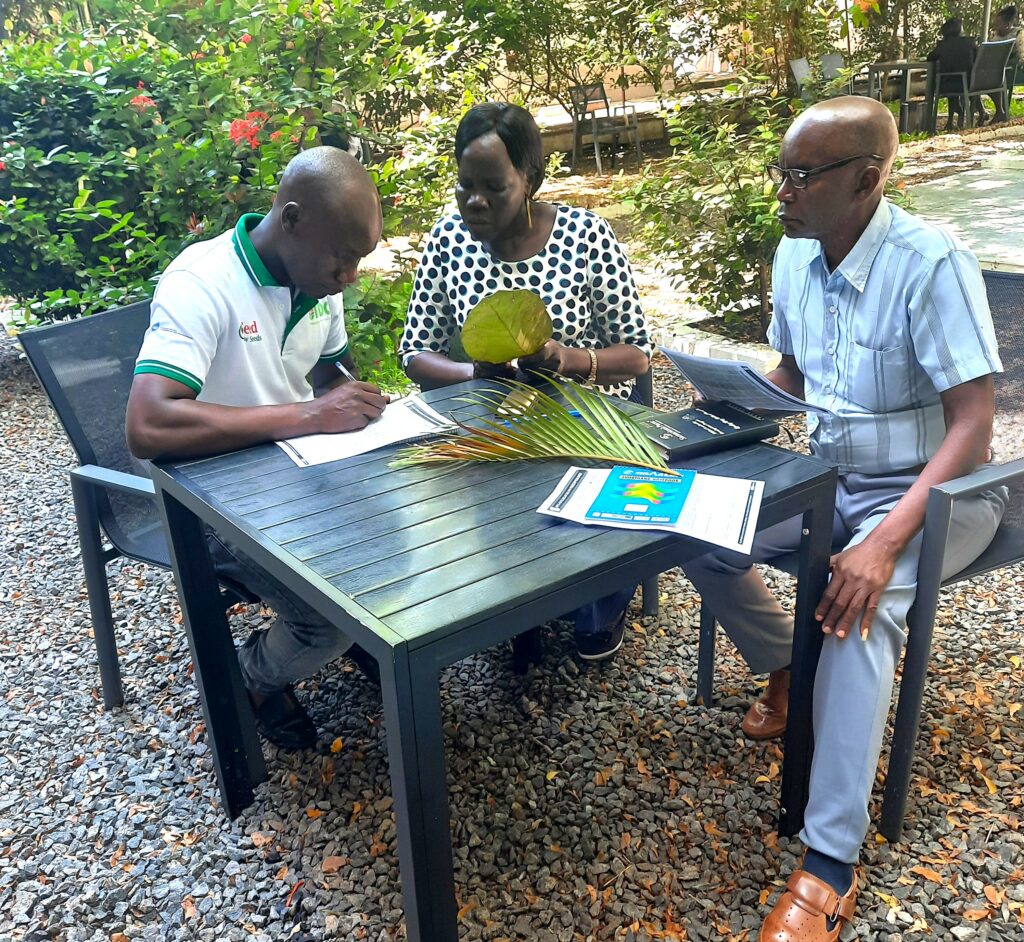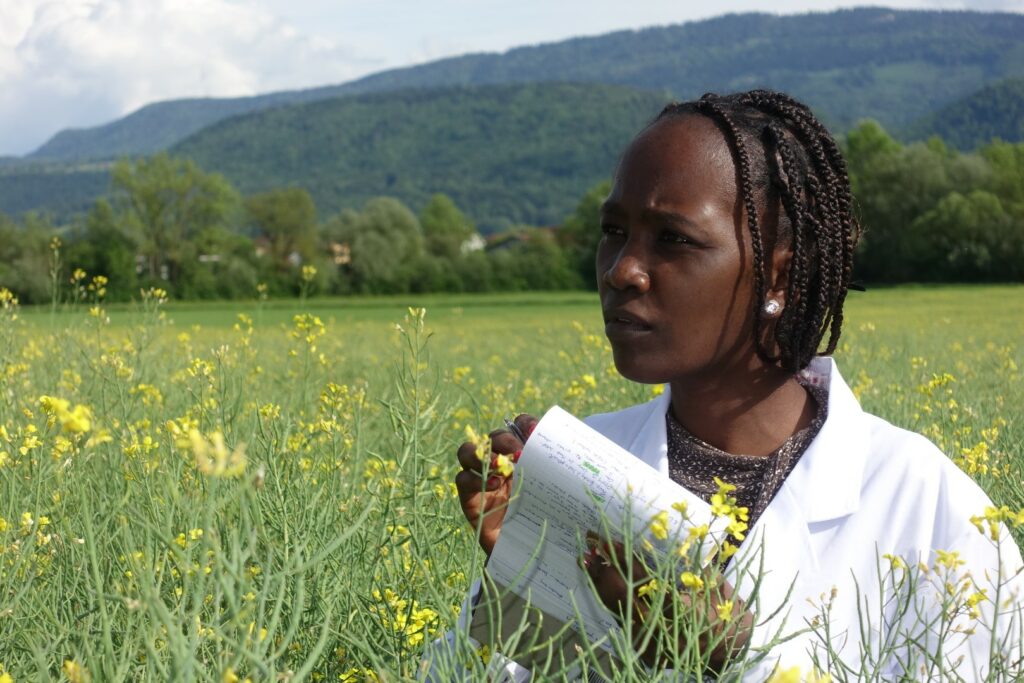Improving plant health in Papua New Guinea with plant doctor training
Plant clinics require trained agricultural extension workers to deliver this service to farmers. However, a lack of public extension workers to reach smallholder farmers with the crop advice they need can be a common problem in many countries.
Common papaya disorders: A comprehensive guide
Papaya, also commonly known as the papaw or pawpaw, is a large tropical fruit-producing plant originating from Central America. Market demand for tropical fruits has steadily grown, and consequently, the papaya has become an important agricultural export in many countries around the world. As of 2020, India was the largest producer of papaya, followed by…
PlantwisePlus delivers plant health ‘training of trainers’ in South Sudan
South Sudan’s agricultural sector is vital to its economy and employs most of the population. The FAO estimates that up to 95% of South Sudan relies on agriculture for income. Diverse crops like cassava, maize, groundnut and sorghum characterize farming here. However, agriculture in this East African nation faces challenges. Climate change and global warming,…
What is Integrated Crop Management?
Integrated Crop Management (ICM) is a holistic and sustainable approach to farming, focusing on optimizing resources, reducing input costs and promoting long-term soil health. As such, integrated crop management enables farmers to boost crop productivity while minimizing environmental impact. In this blog post, we explore the fundamental principles of Integrated Crop Management and how it…
How climate smart agriculture can lead to ‘triple wins’ for farmers threatened by climate change
Global food consumption is predicted to increase by 51% by 2050. This is a profound challenge for our agrifood systems, which will only be made harder by the increased pressures of climate change on food security. In addition, agriculture is not just impacted by climate change; it is also a significant source of the greenhouse…
Watch out for these five cabbage pests
Cabbage is a globally important vegetable crop. It serves as a valuable source of nutrition and income for local communities. With a wide range of varieties around the world – from Savoy to Bok Choy – it is an important component of many cuisines. Smallholder farmers often cultivate cabbage as a cash crop. Like many…
Mealy Plum Aphid: An Overview
The mealy plum aphid, or reed aphid, is a sap-sucking plant pest that is commercially important for fruit tree farmers. It is present across the globe and can cause significant damage in large numbers. Introduction Aphids are small, soft-bodied, sap-sucking bugs in the family Aphididae which cause extensive damage to plants when in large numbers.…










